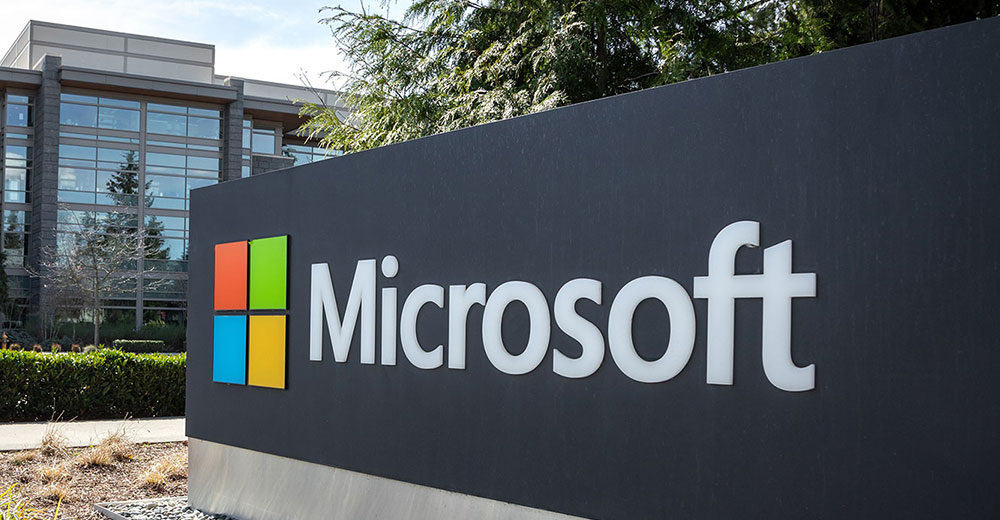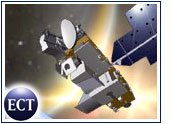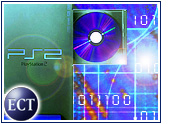Microsoft announced the 2.0 release of the Java Language Conversion Assistant (JLCA), a tool designed to provide Java developers with a smooth transition to Web services and Web- and Windows-based applications on the Microsoft .NET framework.
Built on ArtinSoft migration technology, JLCA automates the process of migrating language syntax and library calls from existing Java source code into Visual C#, Microsoft’s own object-oriented language devised and promoted by the company to replace Java, which C# strongly resembles.
“Our customers are seeing productivity and performance increases because they are able to leverage existing investments in their Web applications written in Java by migrating them to .NET,” said John Montgomery, director of the Developer and Platform Evangelism Division at Microsoft.
Extending the Net
With version 2.0 of the JLCA, you can now convert JavaServer Pages (JSP) and Java servlet applications to .NET directly without having to rewrite code from scratch. This new release also converts Windows Foundation Classes (WFC) and Abstract Windowing Toolkit (AWT) client-side applications.
Technically, JLCA automatically converts existing Java-language source code to C# first. You then extend the C# application to take advantage of the .NET environment, which includes Microsoft’s ASP.NET, ADO.NET, and Windows Forms.
“We migrated our site from JSP to ASP.NET for many reasons, including better scalability and the ability to leverage .NET features for future enhancements,” said Rob McGovern, senior project manager at Infusion Development, a software services firm.
Integration Guide
To support the release of JLCA 2.0, Microsoft has published a JSP-to-.NET Migration Guide, which provides a set of resources to aid in a migration to .NET. The guide supports the documented migration with videos, white papers, and sample code.
JLCA is one of the quickest methods to convert Java to .NET. Because it runs within the Visual Studio .NET development environment, it facilitates application development as well.
JLCA 2.0, which automatically migrates most existing Java source code to Visual C# .NET, is available for download on the Microsoft Developer site.
Move from Sun
Microsoft has made it clear that applications and services converted with JLCA will run only in the .NET framework. The company pointed out that JLCA has been independently developed by Microsoft. In other words, the software is not endorsed or approved by Sun Microsystems, developer of Java.
Embroiled with conflicts over Java, both Microsoft and Sun have been moving in different technological directions — Sun promoting Java and Microsoft promoting .NET.
Microsoft’s focus on tools for converting Java into C# suggests the company is doing all it can to make it easier for those working in Java to switch to Microsoft’s .NET framework.






















































